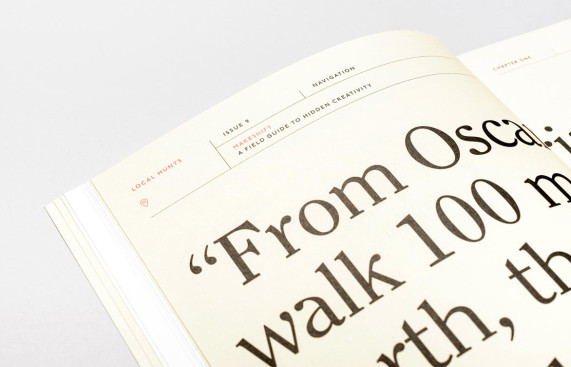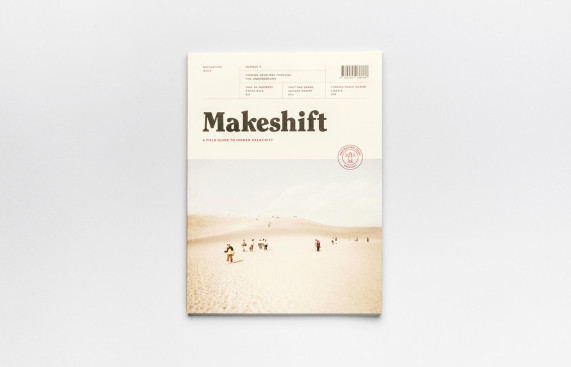Theories Of Creativity
(particularly investigation of why some people are more creative than others) have focused on a variety of aspects. The dominant factors are usually identified as “the four Ps” — process, product, person and place (according to Mel Rhodes).
A focus on process is shown in cognitive approaches that try to describe thought mechanisms and techniques for creative thinking. Theories invoking divergent rather than convergent thinking (such as Guilford), or those describing the staging of the creative process (such as Wallas) are primarily theories of creative process.
“Art requires imagination. It requires Creativity. Creativity requires experience and experience comes from your life. And your life is expressed in your art.”Bruce Lee



